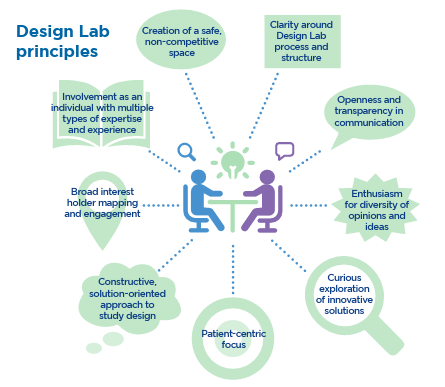Seminars & Workshops
BHDSC Seminar: “Toward a Generalized Model of Biomedical Query Mediation to Improve Electronic Health Record Data Retrieval”The Biomedical and Health Data Sciences Collaborative (BHDSC), a cross-disciplinary group formed by Tufts Clinical and Translational Science Institute (CTSI) and Institute for Clinical Research and Health Policy Studies (ICRHPS) at Tufts Medical Center, invites you to attend a virtual seminar on Wednesday, February 28 from 2:00PM-3:00PM.
Dr. Gregory W. Hruby will give a talk titled ” Toward a Generalized Model of Biomedical Query Mediation to Improve Electronic Health Record Data Retrieval.”
Abstract
The EHR serves as a vital resource for medical knowledge discovery, demanding both medical and technical expertise for data interrogation. Biomedical query mediation (BQM) is the process where medical researchers collaborate with query analysts to translate information needs into EHR queries. The absence of a BQM standard leads to varied practices, potentially affecting dataset accuracy. This work enhances understanding of BQM through three studies: 1) content analysis of the BQM process, 2) cognitive task analysis for workflow, and 3) development of a concept schema for comprehensive EHR data needs.
Speaker Bio
Gregory W. Hruby, a Clinical Research Scientist with a PhD in Biomedical Informatics from Columbia University, is dedicated to advancing clinical care value initiatives. With a solid foundation in qualitative and quantitative methods, he specializes in extracting insights from complex communication processes between medical data seekers and electronic health record data analysts. His expertise includes extensive knowledge of electronic healthcare data, spanning EHR/ERP systems and various data terminologies.
Details
Wednesday, February 28, 2024
2:00PM-3:00PM EST
To attend virtually, click here.
Contact
Please contact Anastasia Gurinovich and Ellaina Reed if you have any questions. Feel free to pass on to others who may be interested.



